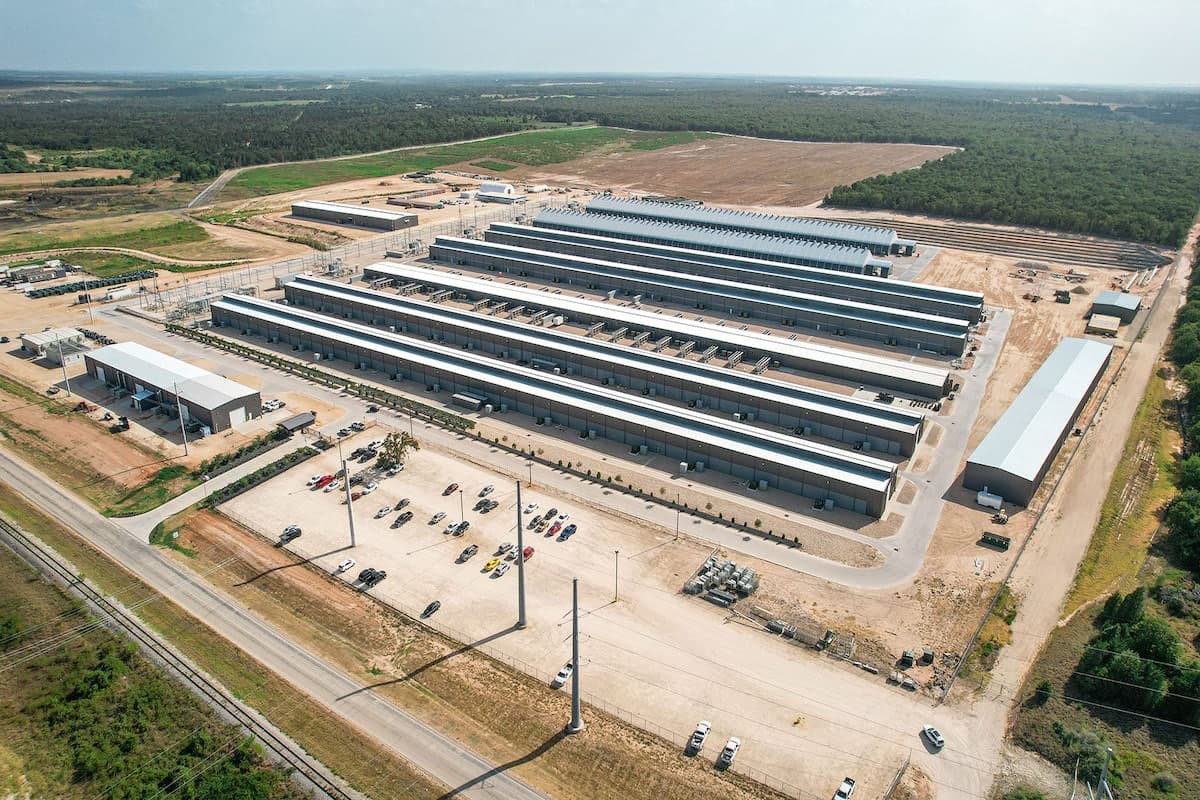Riot, TBC Seek Court Injunction on Bitcoin Mining Survey

UPDATE – Feb. 23: The EIA has reportedly agreed to temporarily suspend its mandatory bitcoin mining surveys following the lawsuit and sequester the data collected so far.
Riot Platforms and the Texas Blockchain Council (TBC) have filed a lawsuit in Texas, seeking a court preliminary injunction to prevent the U.S. Department of Energy (DOE) from obtaining proprietary data from bitcoin mining companies.
The lawsuit was filed on Thursday, just before the DOE’s stated deadline of Feb. 23 for respondents to submit the survey sent out on Feb. 9. The lawsuit represents the first instance of the bitcoin mining industry fighting back against the alleged overreach of the U.S. government in surveying private data, with threats of criminal and civil penalties.
The TBC is a non-profit industry group in the blockchain and digital asset space, with members including bitcoin mining companies like Riot. The plaintiffs allege that the DOE and its data collection arm, the Energy Information Administration (EIA), violated the Paperwork Reduction Act (PRA) and the Administrative Procedure Act (APA) when obtaining emergency approval for the bitcoin mining survey.
The EIA announced on Jan. 31 that it received approval on an emergency data collection request from the Office of Management and Budget (OMB) to send a bitcoin mining survey to 82 respondents identified in the U.S. The stated goal is to gauge the electricity consumption of bitcoin mining activities in the country.
As previously reported, the survey questions focus on not only energy consumption but a respondent’s facility coordinate, electrical providers, number of miners, and their corresponding hashrate. The TBC said that Riot and its other members began receiving the survey on Feb. 9 with a deadline of Feb. 22. The EIA stated in the survey that failure to comply may result in criminal and civil penalties.
Riot said in the complaint that it had already expended more than 40 employee hours in responding to the EIA survey, which it alleged to be unlawful, to begin with.
The plaintiffs said government agencies must follow the PRA when seeking data collection approval from the OMB, which involves a public notice period of 60 days. It can apply for an emergency process under certain criteria, such as “public harm is reasonably likely to result” under normal clearance procedures.
Riot and the TBC accused the EIA of violating the procedure because it provided no substantial evidence of bitcoin mining causing public harm while successfully receiving an emergency approval from the OMB, which was also sued by the plaintiffs along with the EIA.
In addition, they alleged that the EIA “acted in excess of statutory authority by seeking sensitive proprietary information that goes beyond the ‘energy consumption’ information they are permitted,” adding:
“This is a case about sloppy government process, contrived and self-inflicted urgency, and invasive government data collection.”






